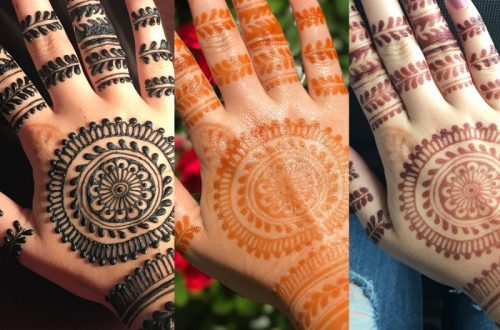
The use of bey, hanım, abla … in the Turkish language
There is a great sense of respect in the Turkish language and they express it every day through a series of titles that are used to call each other. They are often added after the person’s name. It is not easy to get to know them all, especially if you do not have the opportunity to frequent Turkish friends on a regular basis. Who doesn’t remember sweet Sanem addressing her boss with “Double Check Can Bey“? Yes, despite the obvious attraction between Can and Sanem, she must still call him Bey as a sign of respect since he is her boss.
Formally, hanım and bey in the Turkish language
Formally, we address a woman by adding “hanım” after her name. Instead, a man is addressed by adding “bey” after the name (here is the Double Check Can Bey explained). So for example, I would be Ümeyhan hanım. Being formal, it can be translated with a gentleman or a lady.
Informally, abla and abi in the Turkish language
More informally, you still need to use titles. In fact, if we are talking about a slightly older lady, we use the term “abla” (which stands for big sister) and in the masculine “abi” (which stands for ağabey = big brother).
These two terms are also the ones we use to address our older brothers and sisters (for example Can abi or Leyla abla). In fact, we do not address our older brothers by calling them only by name but we can, instead, directly call them “abi” or “abla”.
In US it is unthinkable to give titles to older brothers I can remember that as a child I used it only with my older brother, who was 8 years older than me. My second brother, he had to “be content” with being called by name, but for him it was not a problem at all.
For my mother, however, it was a problem. For her, it was not acceptable that I fail in this simple duty of how to address family members. This made her furious as she considered my behaviour anti-conformist and disrespectful.
To older people
The titles indicated above are not the only ones used, the older ladies, with a lot of tact, add the term “teyze” (which is also used to call the maternal aunt) or “amca” for a man (which is used to call the paternal uncle). Are you confused ?? I understand … it’s almost a balancing act.
Anecdote
The first trips to Turkey with my boyfriend were a real challenge, not only to remember the Turkish names, but also all of the above were to use the titles. It opens a Westerner’s eyes to a totally different world.
I tried to guide him best in the Turkish language among dayı (maternal uncle), teyze (maternal aunt), amca (paternal uncle), hala (paternal aunt), yenge (wives of maternal and paternal uncles, but also wives of my brothers) or enişte (husbands of paternal and maternal aunts).




